eBay Pursues China Growth & Ad Revenue Boost As Investors React To Slowing Performance
eBay's stock price fell today on reports analysts at Jefferies downgraded the company to "underperform" from "hold", citing concerns about slowing ad revenue growth and possible headwinds in cross border trade from China.
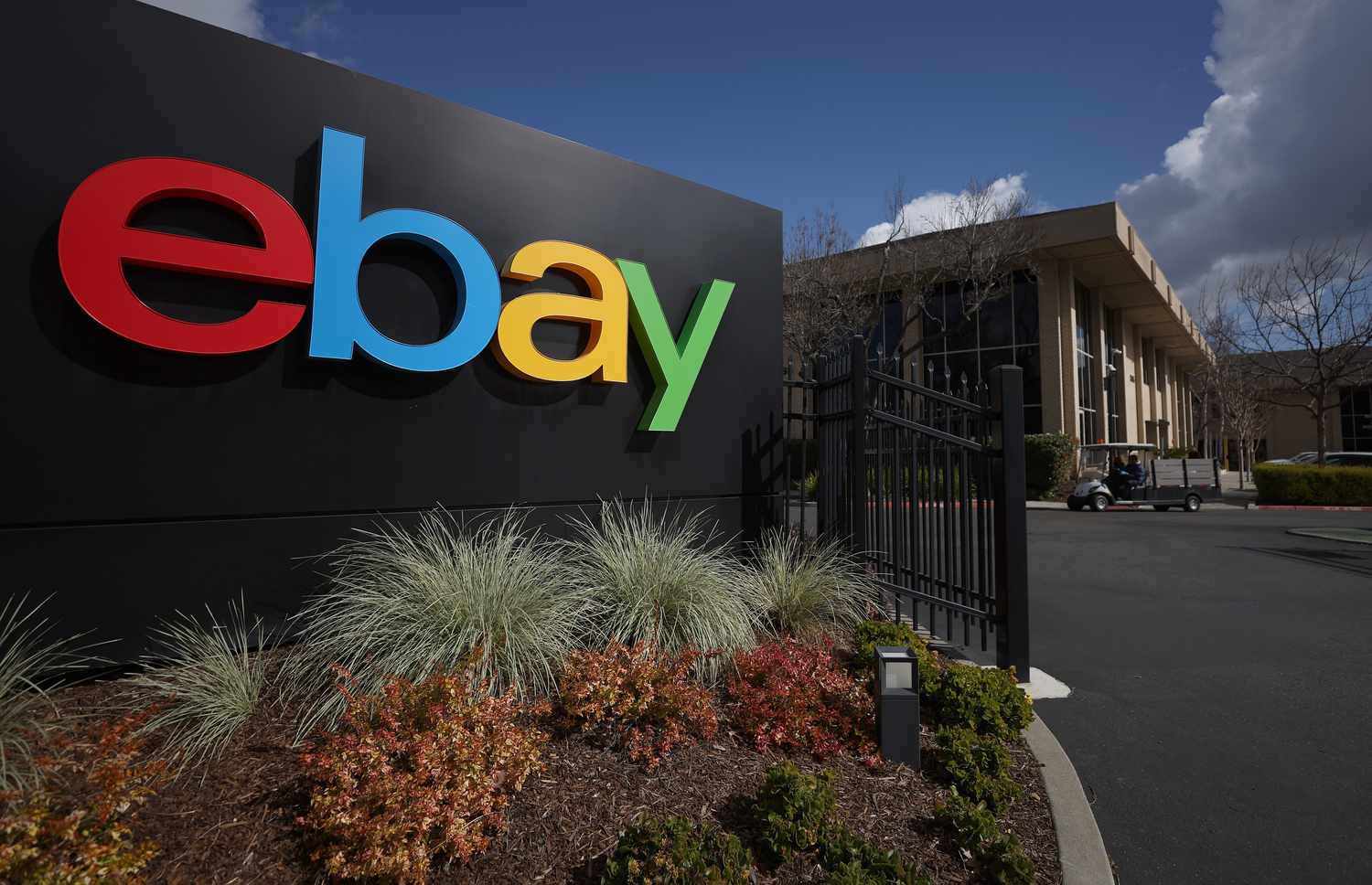
“We see decelerating advertising revenue combining [with] increased marketing investments for sluggish profit growth,” the analysts said.
Analysts added the company is “a key ecommerce player, but has been unable to deliver sustainable progress towards a core marketplace turnaround.”
Advertising growth dipped from 23% in the fourth quarter of 2023 to 7% in the third quarter of 2024. That’s due in part to eBay’s reliance on offsite promoted advertisements as opposed to core-onsite advertising, since the former requires eBay to pay for ad placement, Jefferies said.
China Growth is Slowing
Jeffereis also noted that revenue growth from China fell from 26% in the third quarter last year to 10% this year. If that trend continues, it could become a headwind, the firm said.
eBay has been working to maintain growth in China, which has become their third largest market based on seller location, with much of that business representing cross border trade exports from China to the US and other countries particularly in key categories like Motors Parts and Accessories.

More recently, eBay is also trying to grow active buyers in China as well, adding Alipay to the site in an attempt to appeal to the over one billion strong user-base of the popular payment provider.
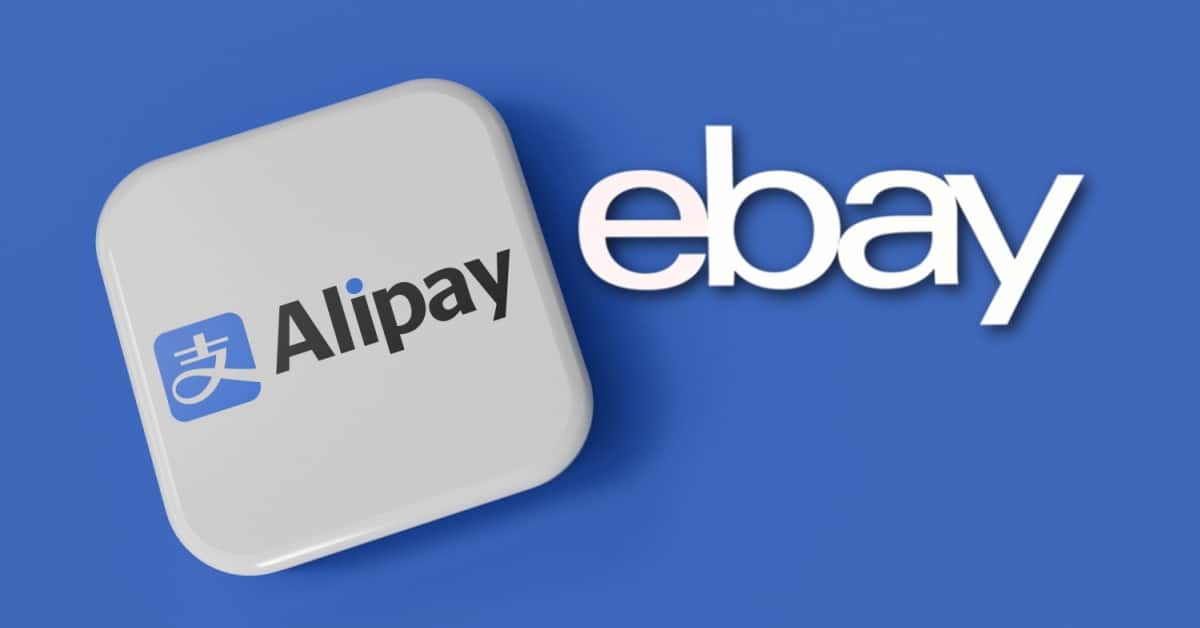
While CEO Jamie Iannone has shrugged of investor concerns about possible competition from sites like bargain shopping apps like Temu and Shein by claiming eBay doesn't compete with the low value new mass produced items on those sites, a recent report showing eBay has dropped to third place popularity in Australia should be a warning that the competitive risk should not be ignored.

And it appears eBay may be well aware of how much they have riding on continued growth from China, especially as the political landscape shifts with unknown impacts of potential tariffs looming and legal and regulatory changes to de minimis rules shaking up shipping costs.
The importance of eBay's initiatives in the region are reflected in a new job ad looking for a Head of Government Relations, Greater China with a significant focus on "protect[ing] eBay’s reputation and help[ing] grow its regional business" by "identify[ing], cultivate[ing] and maintain[ing] long-term, constructive relationships with key Chinese officials."
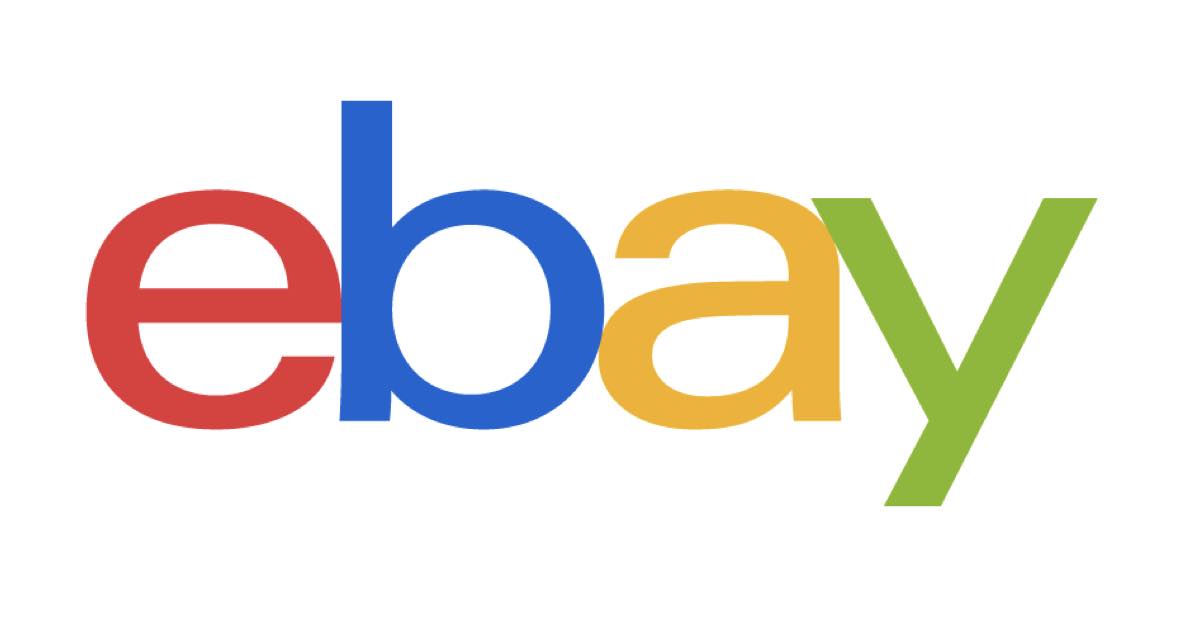
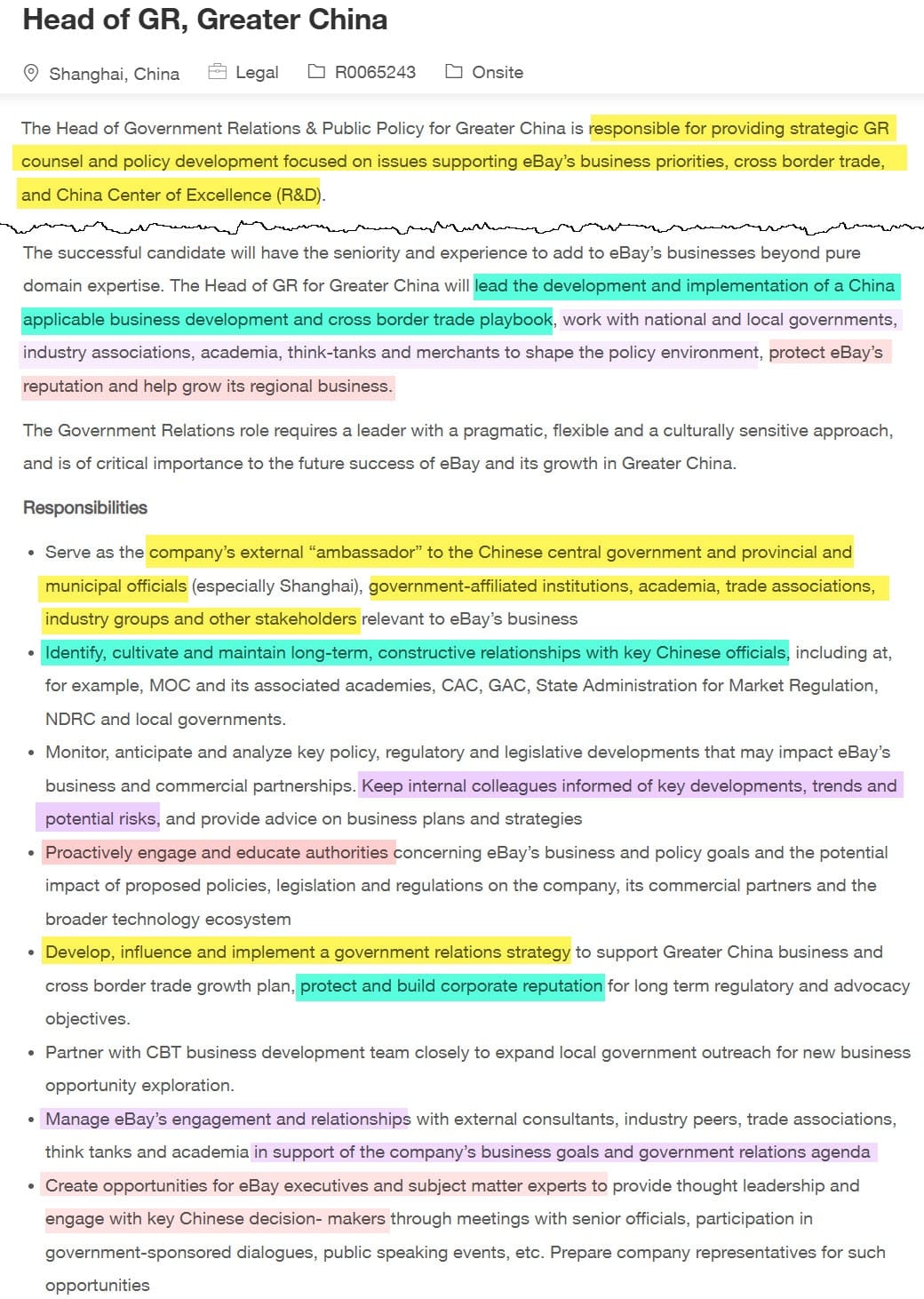
Jefferies other major concern, slowing ad revenue, may be partially explained by eBay lapping the introduction of Halo Attribution for Promoted Listings ads.
Halo Attribution was introduced on March 30, 2023, significantly expanding the number of transactions which would have ad fees applied and creating an inorganic increase in ad revenue that would show as substantial year over year growth compared to the period before Halo Attribution went into effect.
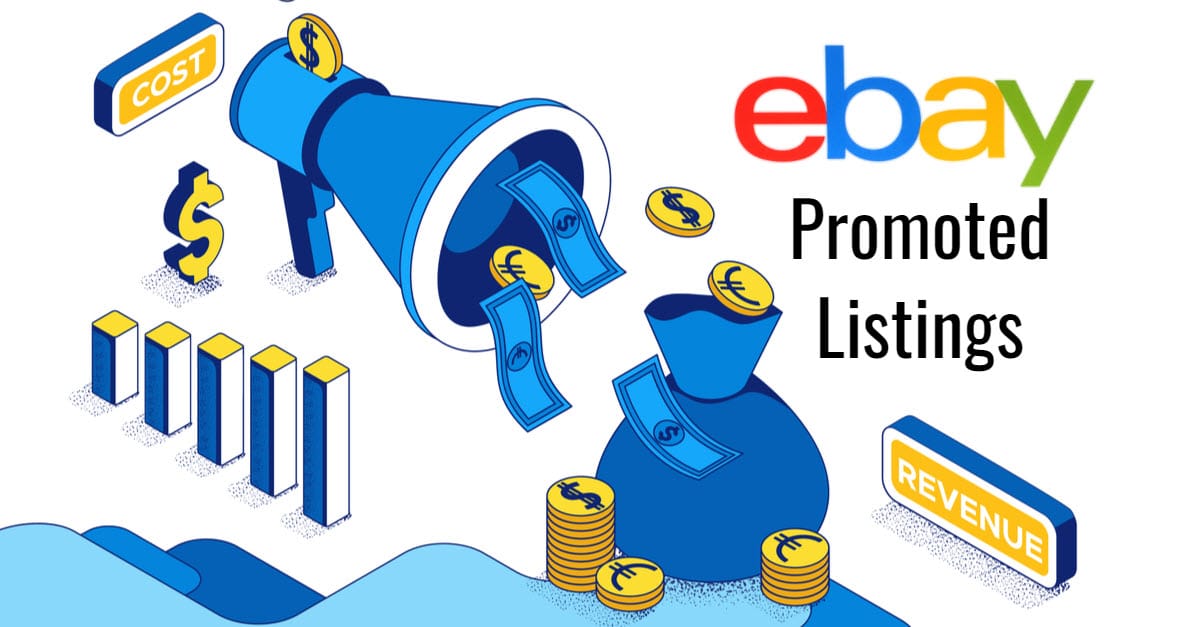
But what goes up must come down, and now that eBay is more than a year past the launch of Halo Attribution, the year over year comparison no longer looks quite so impressive.
But beyond that explanation, eBay may be experiencing real pushback from sellers who are straining under the weight of an ever more complex and increasingly expensive array of ad products offered on the site.
eBay's Q3 earnings report disappointed with weak Q4 revenue guidance, largely driven by fee-free selling and other C2C initiatives in the UK that have not yet been remonetized through buyer fees and managed shipping planned for Q1 2025.
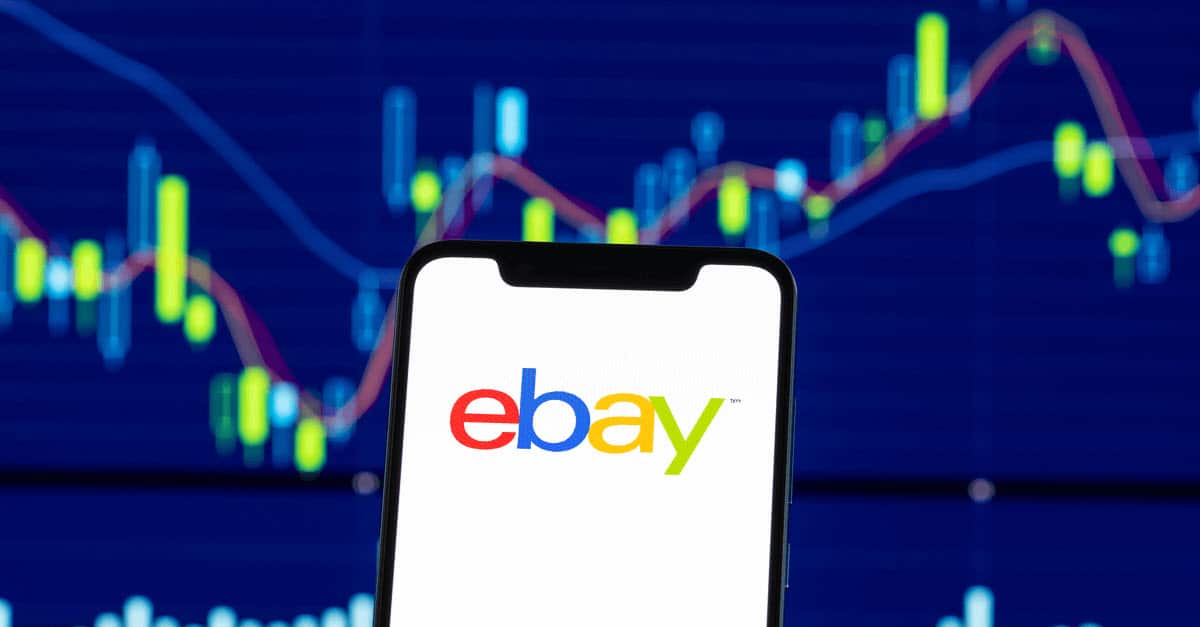
In response to investor concerns, it appears eBay is pulling out all the stops - and putting business ethics and compliance to the side - to ensure a Q4 ad revenue bump through sneaky increases to minimum ad rates with no notice to sellers just weeks before the Black Friday/Cyber week holiday shopping season.
First, sellers were shocked to discover that eBay increased the Promoted Listings General Dynamic ad rate cap minimum from 2% to 5%.
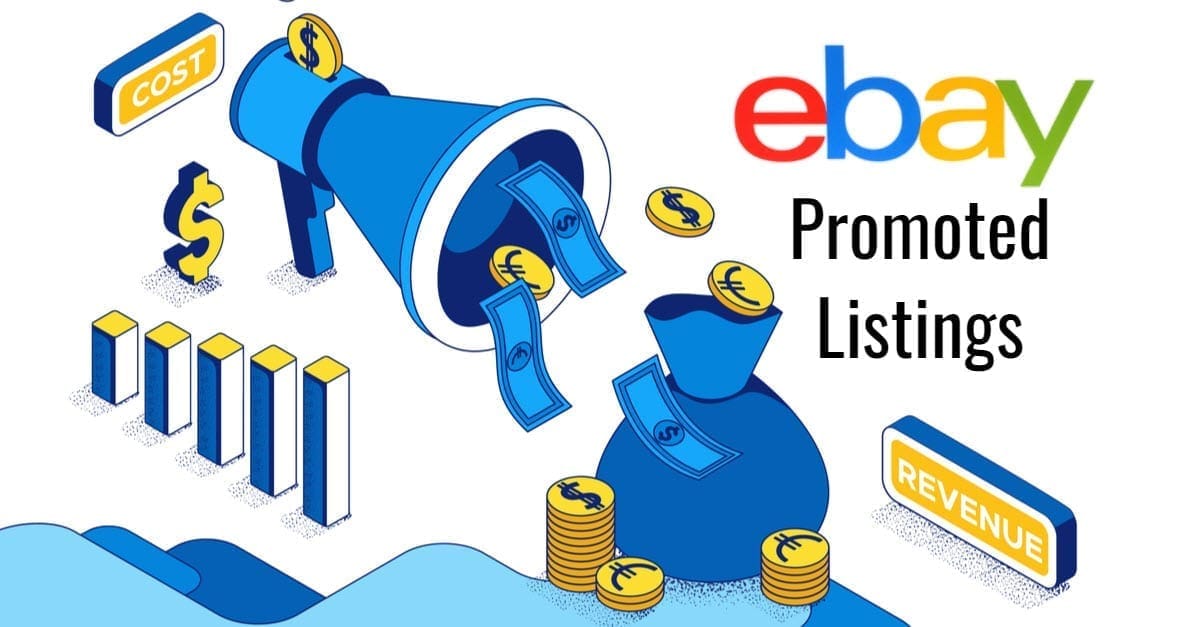
But apparently that money grab wasn't enough for eBay, as they also jacked up the minimum bids for Promoted Listings Priority cost per click ads a whopping 10x, going from a previous requirement of at least $0.02 per click to $0.20 per click in some cases.
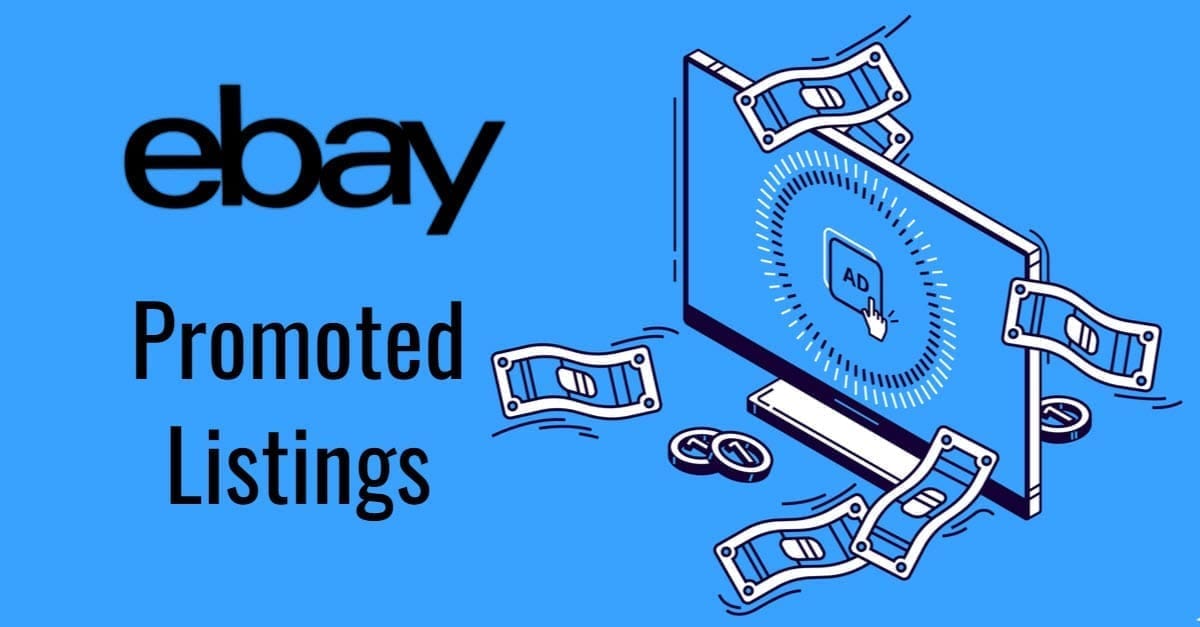
When publicly called out on the stealth ad rate increase, eBay edited the policy page to remove any mention of a bid range but did not publicly acknowledge the edit or policy change in any way.

On top of the minimum rate increases, eBay has been handing out Promoted Listings promos like candy, offering credits to try to entice sellers to create new cost per sale Promoted Listings General or cost per click Promoted Listings Priority or Offsite ads campaigns.

eBay has also been offering hefty discount promotions in an effort to convert casual sellers into "enthusiast buyers" - another key metric where investors are concerned about stalled growth.

Assuming the stealth rate increases and discount and fee promotions work to help eBay "magically" pull off "better than expected" Q4 results, investors would be wise to consider whether these tactics are in the long-term interest of sustainable revenue growth for the company or simply desperate attempts to keep the plates spinning for one more quarter before being forced to face the music.


























